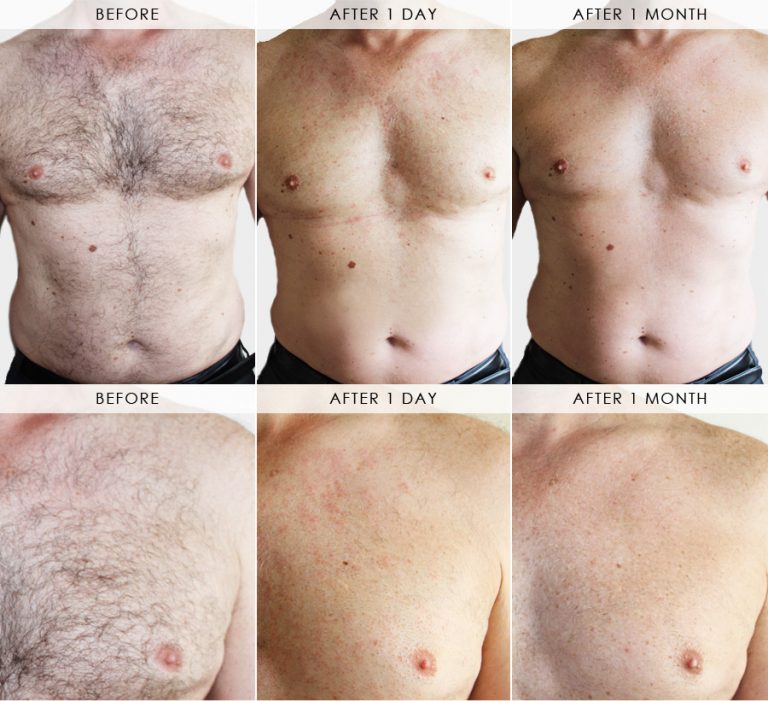Table of Content
- What Are the Benefits of Laser Lipolysis?
- Who shouldn’t have laser hair removal?
- When Should You Use Laser IPL Machine at Home?
- IPL vs laser: which is better for hair removal?
- Everything You Need to Know About Postpartum Hair Loss—Including How to Treat It
- Things Not to Do After Hair Transplant Surgery
- During the procedure
- Is viviscal good for african american hair?
Around 1990, laser hair removal became popular in the market. Laser hair removal is one of the most commonly-used cosmetic procedures to remove unwanted hair from the face, leg, arm and other areas. The hair follicles destruction process is irreversible and achieves the purpose of total hair removal. Laser hair removal is an effective procedure to get rid of unwanted body hair.

This means that IPL can treat a larger area of skin in less time than laser therapy. Typically with commercial IPL hair removal offered by a professionally trained clinician at a doctor’s office, clinic or similar, permanent hair reduction may be achieved with repeated visits. Again, IPL is not a laser despite what you might have heard or read. For the past two years, we consulted with Men's Health's Grooming editors and writers on the top at-home laser hair removal devices for men.
What Are the Benefits of Laser Lipolysis?
“The lasers we use in the dermatology office are more sophisticated and can be used in patients with skin of any color,” Dr. Ward says. We love this adjustable device from Silk'N because of its small, portable size and powerful technology. It uses a quartz bulb and pulsed light technology to target the hair follicle, eliminating pigment in the hair shaft without damaging the delicate skin around it.

The reappearance of hair is what can be confusing for many people, but this is perfectly normal, and this isn’t an indication that the laser was not effective. On the contrary, it means that your hair follicles are expelling the remaining hair so that it will disappear for good. The process can be accelerated by gently exfoliating the treated area. Still, it’s very important to be careful, since the skin will be irritated due to the effects of the laser. Two weeks later, I decided to take 200 milligrams of ibuprofen an hour before I lasered, in an attempt to blunt some of the pain.
Who shouldn’t have laser hair removal?
The treatment works by emitting pulses of light absorbed by the melanin in the hair follicle. This damages the hair follicles and inhibits future hair growth. It received FDA approval and launched in the U.S. in 2008.

Learn what celebrity extension specialist Drea Jaclyn ... People with red hair might dislike the question but it can be a common question in the minds of many if redheads have red pubes. So, the answer to this is, yes, women having red hair, have red pubes ...
When Should You Use Laser IPL Machine at Home?
The lasers zero in on pigments in the hair follicle and are only effective when there’s a lot of contrast between skin and hair. That means the systems are recommended for people with light skin and dark hair. This device proves that at-home hair removal doesn't have to be expensive. It's best for those with fair to olive skin tones with darker hair and features five energy levels to gently zap away unwanted hair.

It uses galvanic energy to open your pores, penetrating stubborn hair follicles right at the root. Featuring a built-in skin sensor, it prevent any damage to your skin if your skin tone is too dark to treat. Laser hair removal devices either use a diode laser or IPL technology. Both target hair color in the follicle and damage it to prevent regrowth. Diode lasers are more targeted, while IPL technology uses light waves and is less powerful.
IPL vs laser: which is better for hair removal?
In the days following, blisters can appear over the ink, which will go down within about one week. Patients with darker skin tones might see some pigmentation changes following treatment, but those are typically temporary. As long as you protect your skin from direct sun exposure, you should not see any lasting side effects once the skin heals. Traditional IPL/Lasers are simply not able to safely treat darker skins as the light is not able to differentiate between the melanin in the hair and in the skin, this will result in burning. For permanent hair removal we usually need to repeat the treatment times.

The color contrast between the hair and skin makes heat absorption more effective. The Food and Drug Administration approves some laser hair removal devices for home use. Without supervision by an experienced healthcare provider, the risk of misuse or injury increases. Use extreme caution and protective eyewear if you do at-home laser hair removal.
These approaches both can get rid of your unwanted hair quickly. Also, they are all FDA-approved for permanent hair reduction. The hair follicle must be in the growth stage for the procedure to be effective. The follicles are in different growth stages, requiring multiple laser treatments to stop hair growth completely. Most people experience hair removal that lasts several months, and it might last for years. But laser hair removal doesn't guarantee permanent hair removal.
You might need maintenance laser treatments for long-term hair reduction. Laser hair removal is a medical procedure that uses a concentrated beam of light to remove unwanted hair. With proper hygiene and gentle exfoliation, the remains can be removed.
However, some people may have an allergic reaction or skin irritation in response to the numbing cream. Although it’s derived from coconut oil, it can have negative effects. This surfactant is used in hair products along with dimethylaminopropylamine, which can cause skin irritation, allergies, rosacea, and eczema.

No comments:
Post a Comment